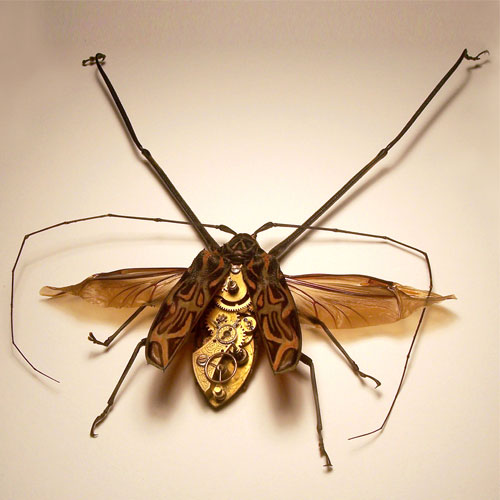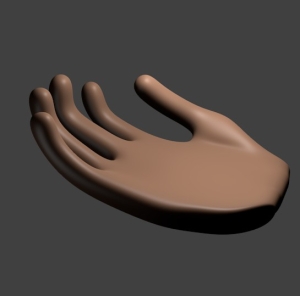Does thinking of the mind as a phenomenon of purely physiological origin have consequences for the way we interact with the world?
What brought the question to mind was a thought last night – that in my youth colours seemed more vivid and that many more of them were apparent then as well. Turning then to a painting on the wall I found that the colour had returned much as my clothing or hair become perceptible as soon as I consciously address them. From there it took me to the Huxley’s ‘Doors of Perception’ (which I haven’t picked up for several years) and the concept of the mind as a funnel or filter, rather than an entity constructing my reality from pieces of information gathered from the world. The problem boils down to this; does my mind seek out the world to piece together some comprehension of it, or does the world essentially force itself on my mind?


